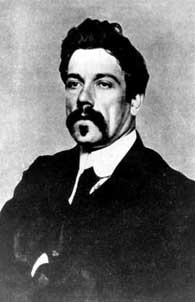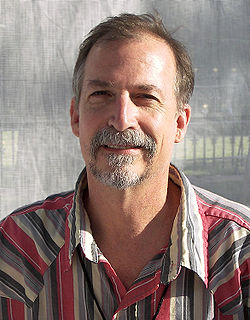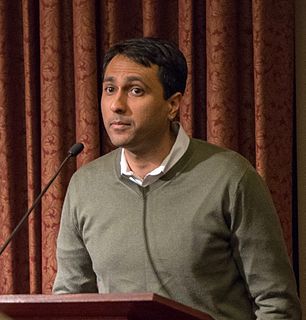A Quote by Ashok K. Banker
Truth lives in the spaces between words. It defies translation.
Related Quotes
In the speech sound wave, one word runs into the next seamlessly; there are no little silences between spoken words the way there are white spaces between written words. We simply hallucinate word boundaries when we reach the end of a stretch of sound that matches some entry in our mental dictionary.
There is an old Italian proverb about the nature of translation: "Traddutore, traditore!" This means simply, "Translators-traitors!" Of course, as you can see, something is lost in the translation of this pithy expression: there is great similarity in both the spelling and the pronunciation of the original saying, but these get diluted once they are put in English dress. Even the translation of this proverb illustrates its truth!
There's often a distressing disconnect between the good words we speak and the way we live our lives. In personal relations and politics, the mass media, the academy and organized religion, our good words tend to float away even as they leave our lips, ascending to an altitude where they neither reflect nor connect with the human condition. We long for words like love, truth, and justice to become flesh and dwell among us. But in our violent world, it's risky business to wrap our frail flesh around words like those, and we don't like the odds.
To teach your child to only be a Muslim in Muslim spaces or only a Christian in Christian spaces means in a way that you're teaching them a religious identity that is relevant to only a very small part of their lives, because the vast majority of their lives in the 21st century are going to be lived in interaction with others.
A writer is a person who cares what words mean, what they say, how they say it. Writers know words are their way towards truth and freedom, and so they use them with care, with thought, with fear, with delight. By using words well they strengthen their souls. Story-tellers and poets spend their lives learning that skill and art of using words well. And their words make the souls of their readers stronger, brighter, deeper.

































